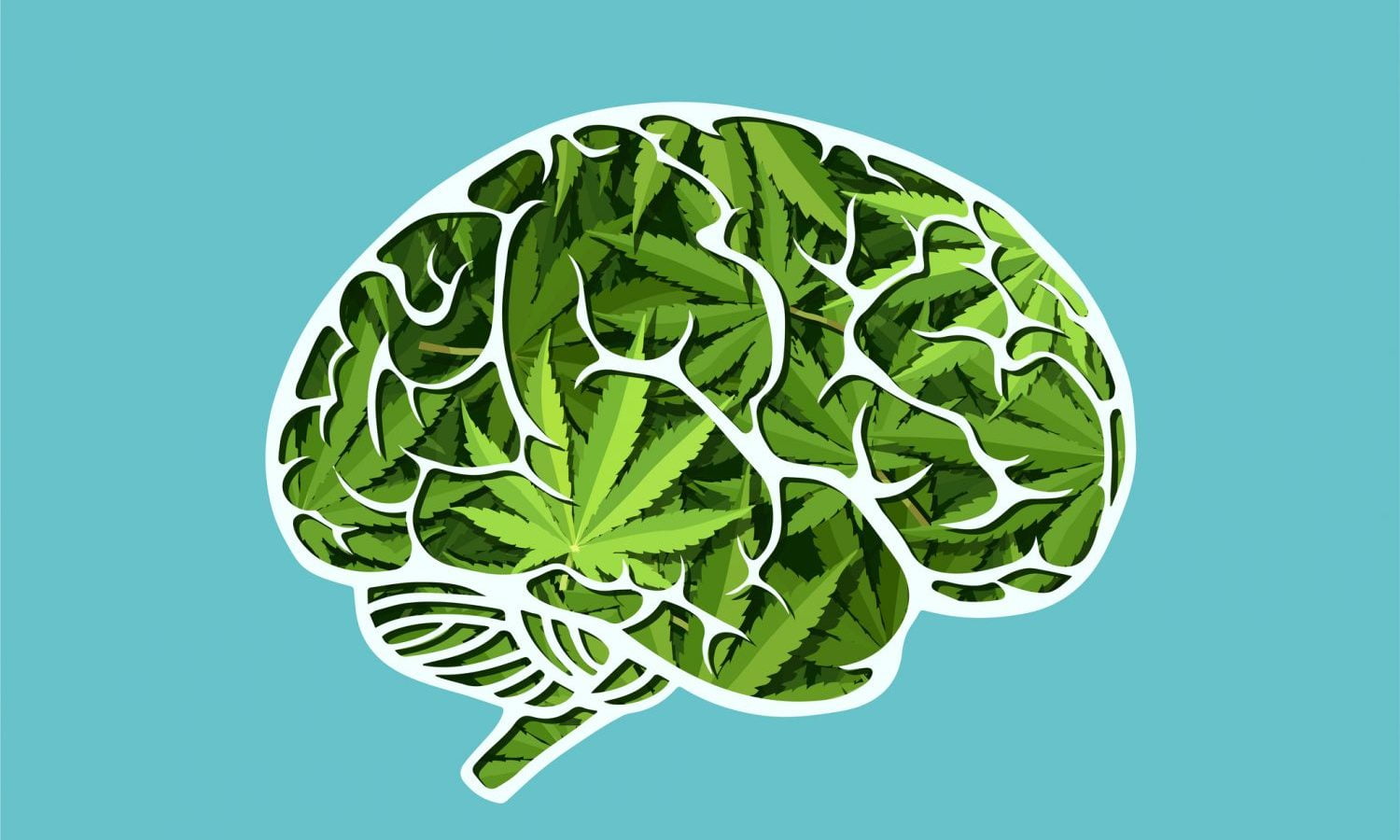
Study shows that highly concentrated THC balanced with CBD is better for your brain
Through
CBD and THC are the two main compounds in the cannabis plant that have seemingly opposite effects on our brain.
According to a new study published in the Journal of Psychopharmacology, CBD may minimize some of THC’s negative effects on the brain.
Photo by anankkml/Getty Images
RELATED: CBD and CBG show promise in treating glioblastoma brain tumors
“Cannabis is a very popular recreational drug and is starting to be used medicinally for some purposes as well, but we still don’t know much about how different cannabinoids affect the brain,” study author Matt Wall, senior imaging scientist at Invicro, told PsyPost.
Study Highlights
The researchers used data from another study that examined the brain activity of 17 healthy participants who smoked different strains of marijuana (some high in THC and CBD, others high in THC but no CBD and placebo) using the functional magnetic resonance imaging (fMRI).
In this new research, Wall and his colleagues measured brain activity in 23 healthy participants after taking oral CBD and a placebo. They also used fMRI to study brain activity.
Results
The researchers revealed that THC and CBD have opposite effects. The first study confirmed the significant disruptive effect of both THC and THC + CBD on connectivity in the associative and sensorimotor networks, as well as some effect of THC on the striatal limbic network that was not noticed with the combination of THC and CBD.
The second study showed that CBD increases connectivity in the associative network while causing relatively minimal disruption in the limbic and sensorimotor networks.
In short, consuming both THC and CBD marijuana strains should reduce striatal connectivity, but to a lesser extent than THC-only marijuana strains.
The results suggest that “different types of cannabis have different effects on the brain,” Wall told the outlet. “High potency, relatively pure THC cannabis can severely affect some brain networks, but when THC is combined with cannabidiol (CBD) in a more ‘balanced’ way, these effects can be reduced somewhat, making a balanced cannabis strain potentially safer to use.” CBD itself appears to have minimal effects on the brain networks we studied, meaning it’s probably safe to use as a potential therapy.”
Study Restrictions
The two studies were both small and will need to be repeated in larger groups, which Wall and his colleagues are currently investigating. “Also, here we used data from two different cohorts of subjects, so a direct comparison between these two groups isn’t really possible,” he added.
RELATED: Marijuana & Brain: Can Cannabis Cause Psychiatric Disorders? Neuroscientist weighs in
 Photo by Feodora Chiosea/Getty Images
Photo by Feodora Chiosea/Getty Images
Conclusions
Despite these limitations, the study can serve as a guide for what future studies should be conducted and shows the importance of truly understanding how different cannabis compounds affect our health. Scientific knowledge of these effects can help the public better understand cannabis-related disorders and the development of cannabinoid therapeutics.
“Cannabis is transitioning to legal or semi-legal status in many places around the world, and that means potentially more people will be exposed to cannabinoids,” Wall said. “Understanding the effects of different cannabinoids is an important effort to ensure people have the best information about the cannabis they use and can make well-informed choices.
This article originally appeared on Benzinga and has been republished with permission.

Post a comment: